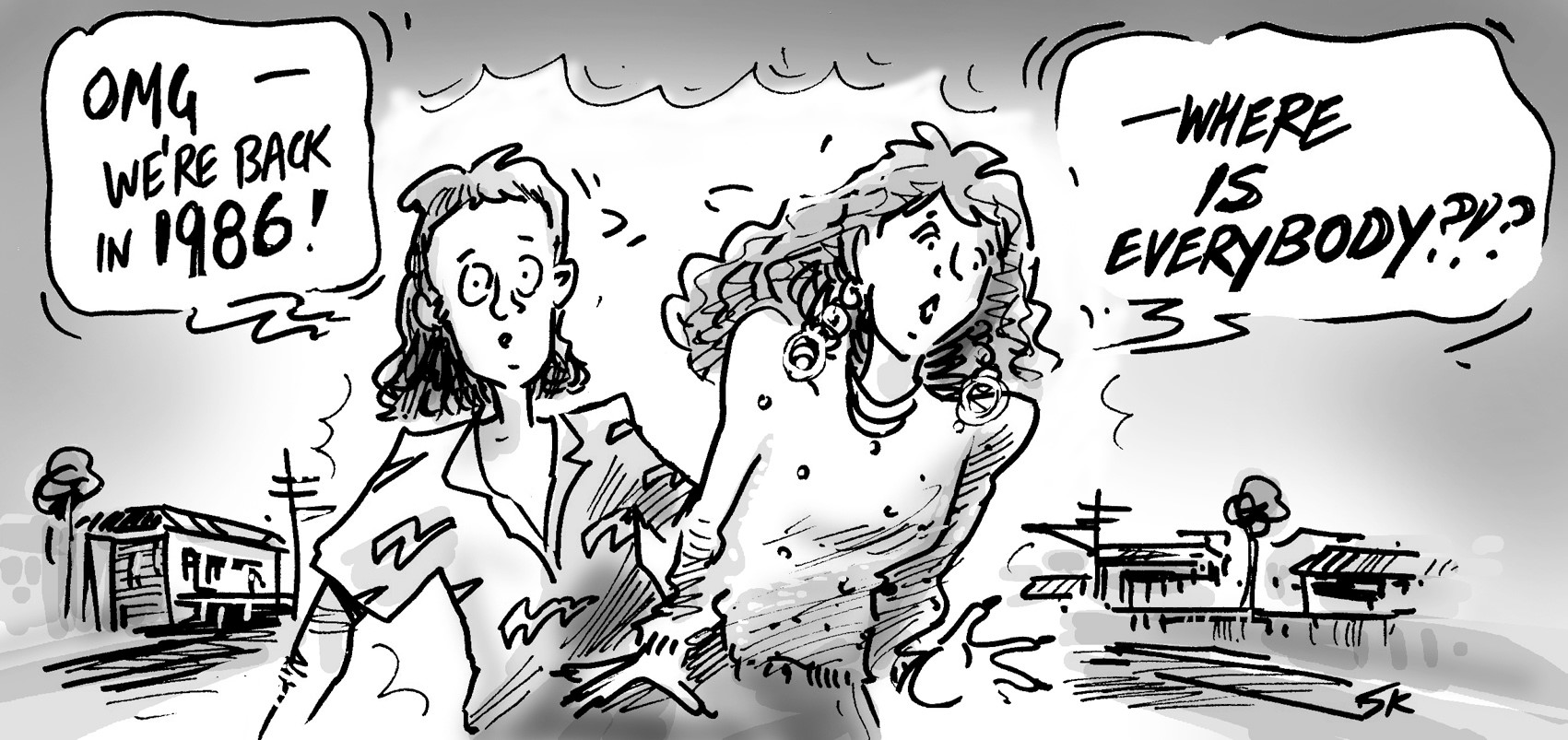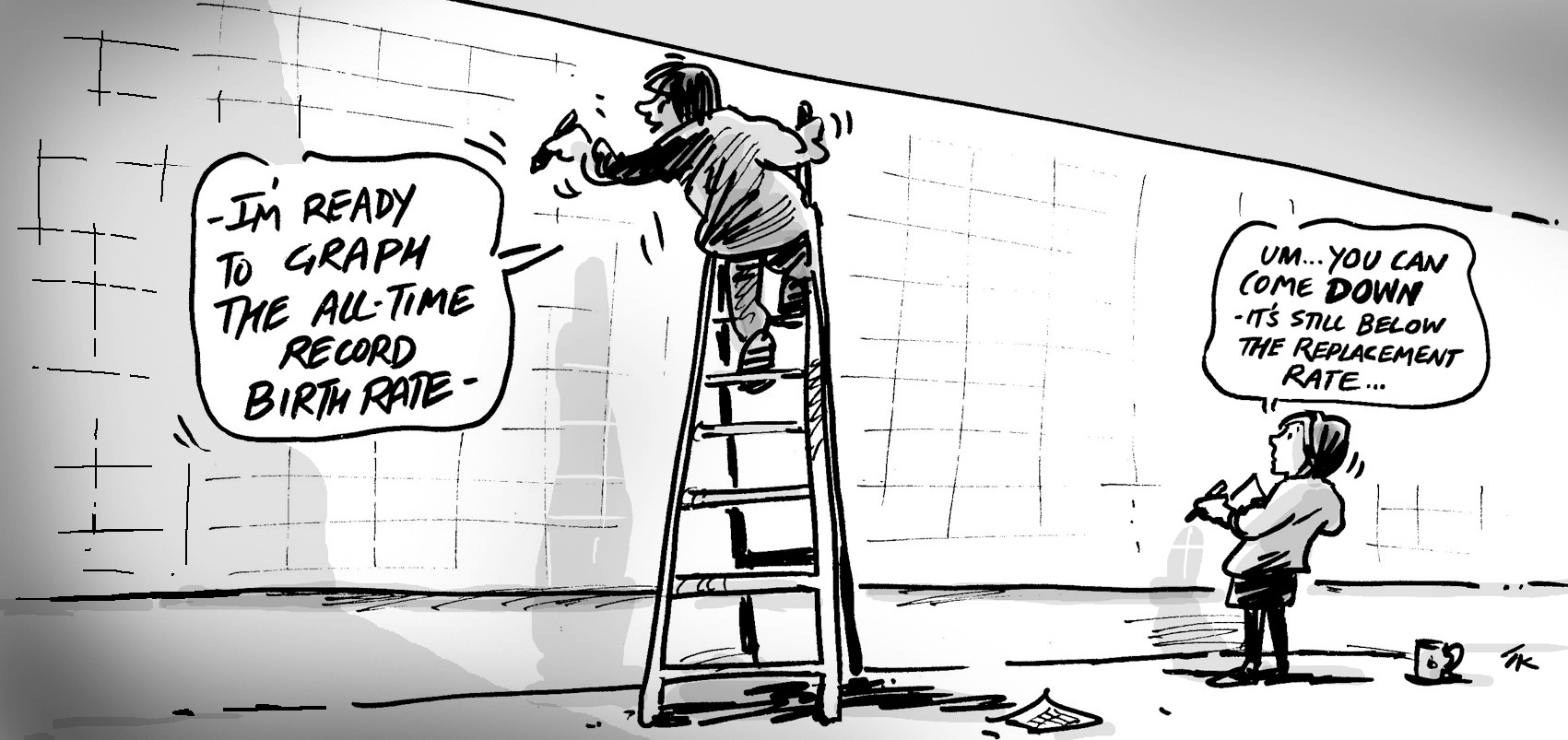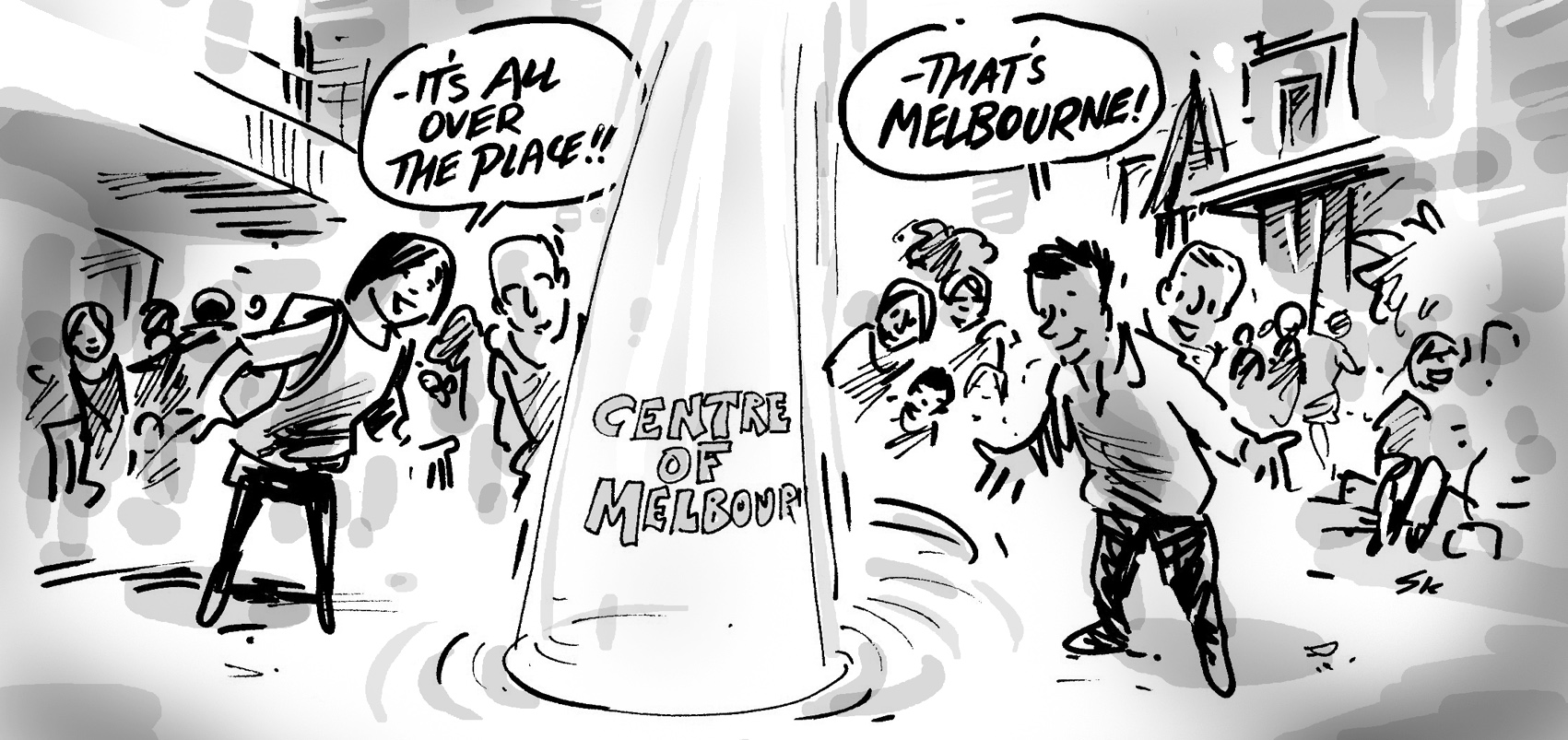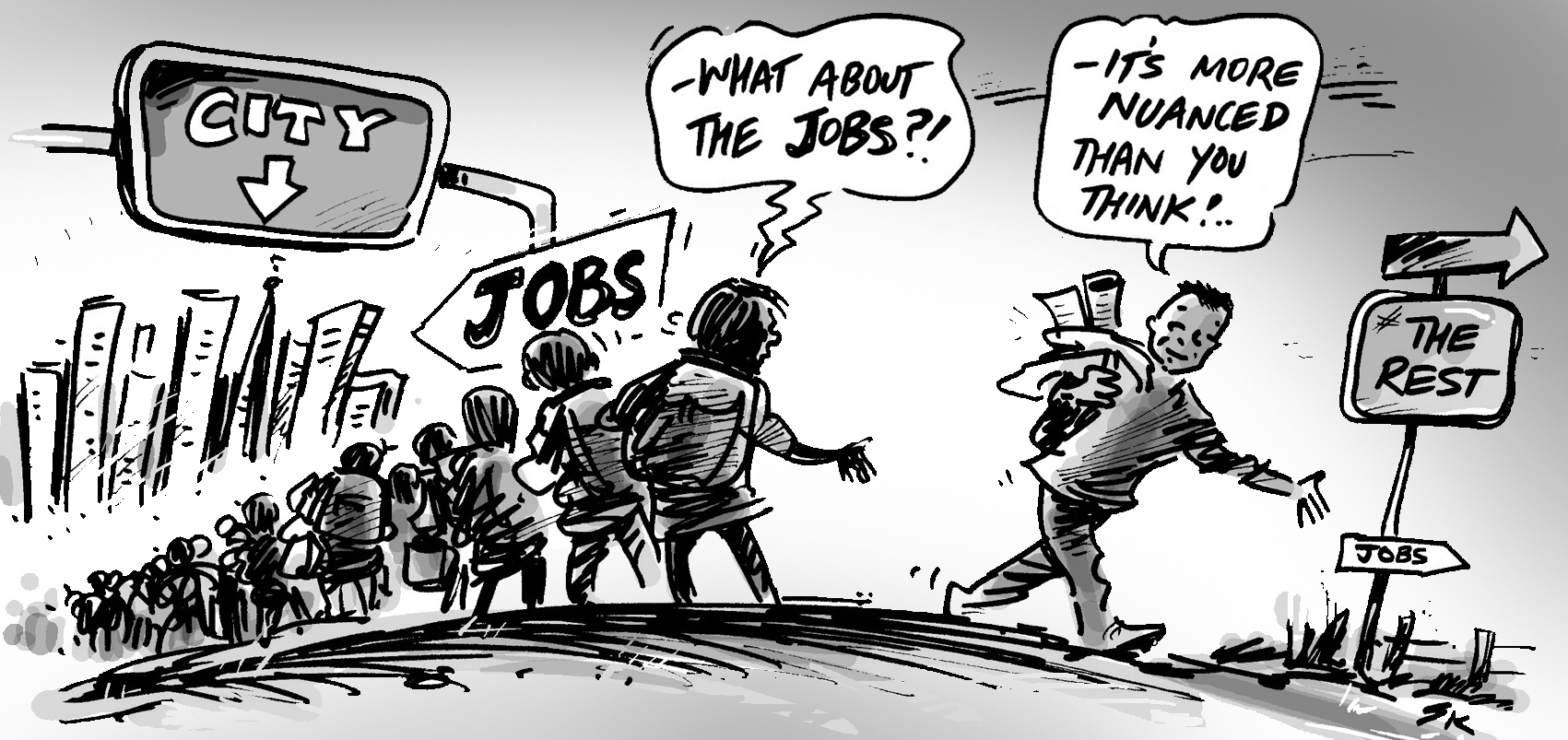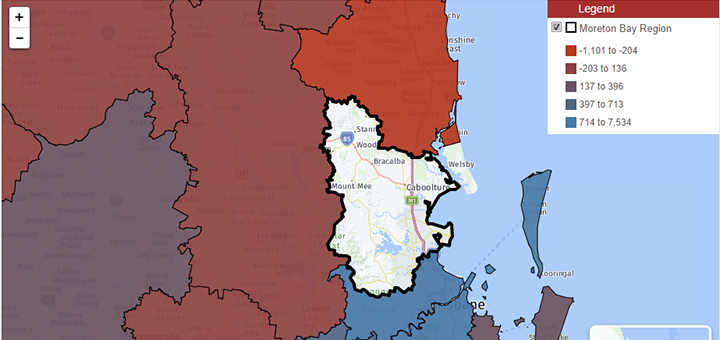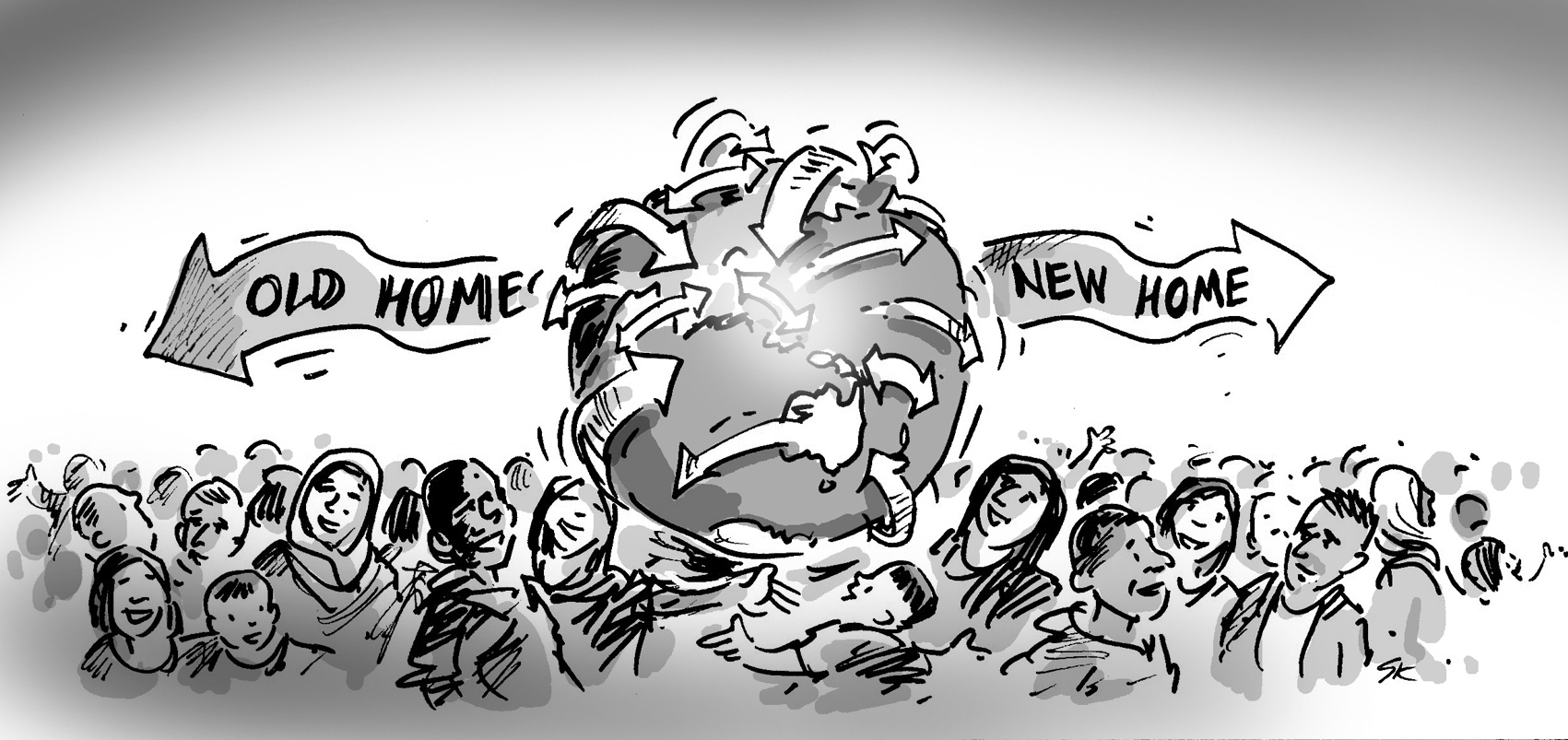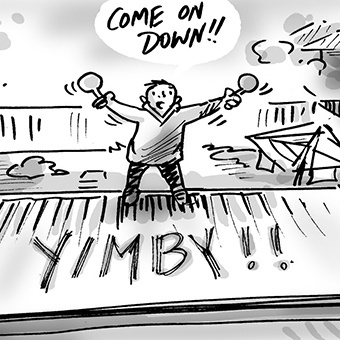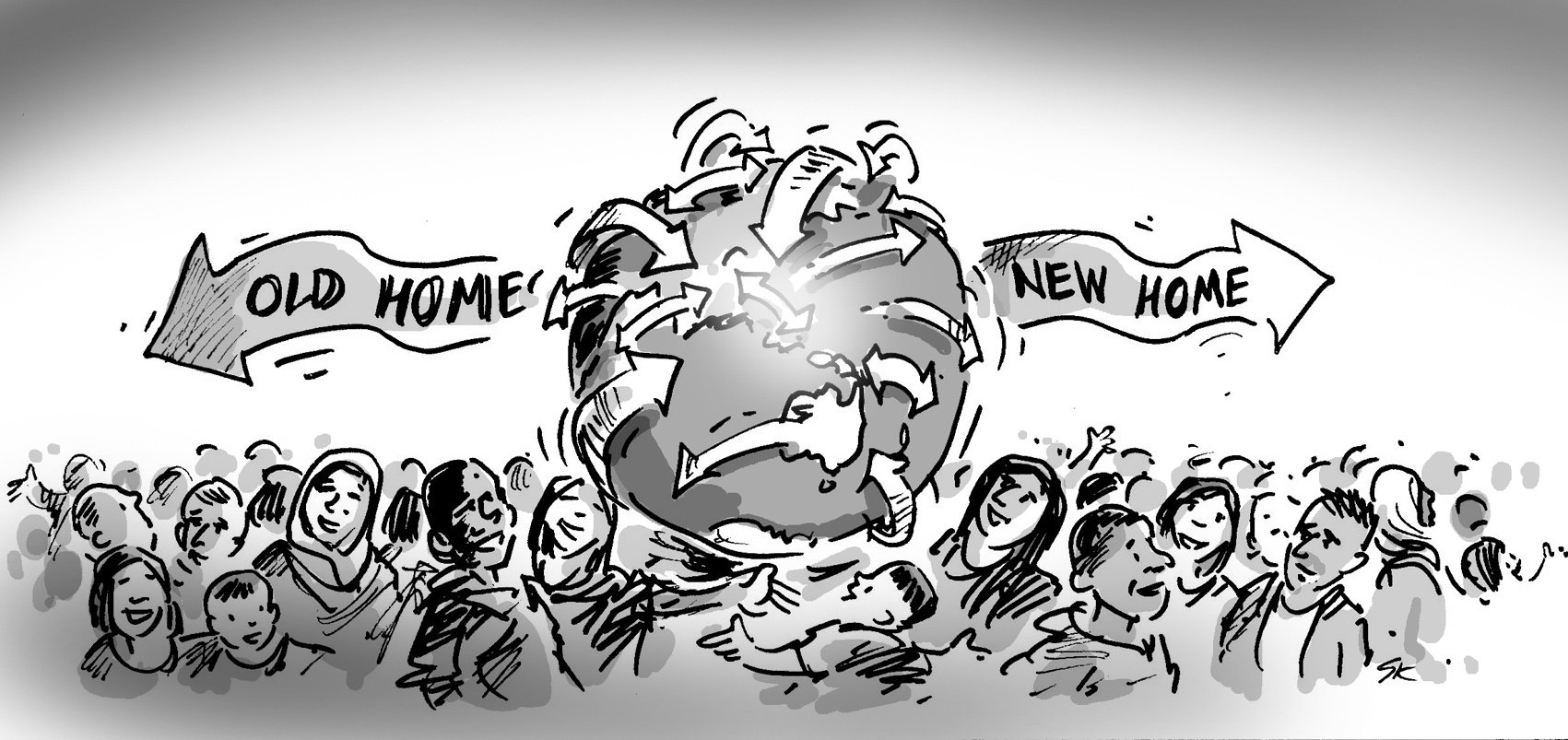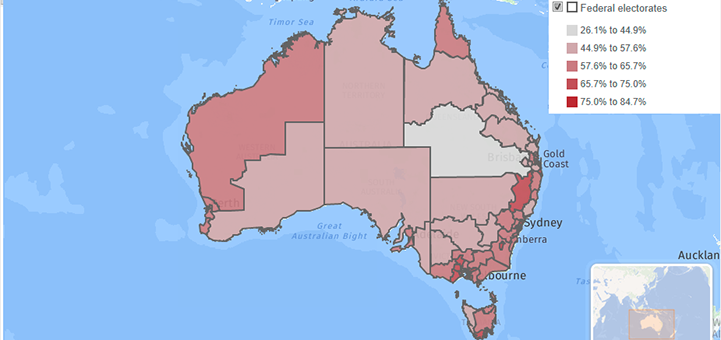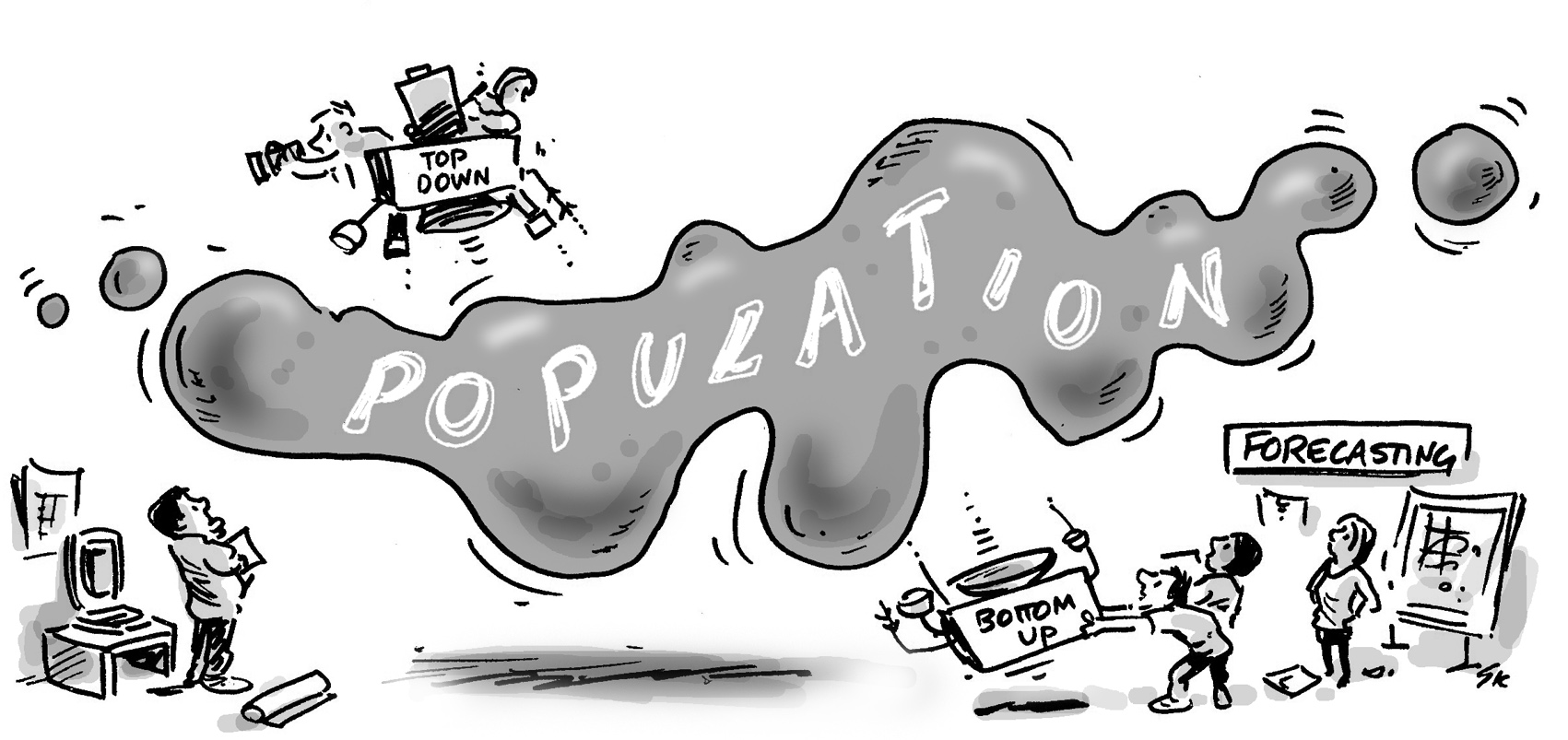Australia’s largest cities and towns – 1986 and 2016
Cast your mind back to 1986 – a time of shoulder pads, mullets, fluffy jumpers and dangly earrings. Hawthorn won the VFL premiership, university education was still free (just), and Bananarama’s version of “Venus” spent seven weeks at...
Birth numbers in Australia hit an all-time record!
Birth numbers in Australia are at all-time highs, but the story varies markedly across Australia. How does this trend play out spatially? What are the highlights of the births data for 2016, and how does this...
Where is the demographic centre of Melbourne? And how is it changing?
One of the great, nerdy things we do as demographic analysts is to compare how the balance of population changes across a City over time. As part of our recent updates to .id’s Victorian population forecasts,...
Who will win the race to be Australia’s number 1 capital city?
While many in Melbourne already view their city as the cultural capital of Australia, Sydney still reigns in terms of population as Australia’s largest capital city, with .id estimating a population of 5.07...
Where are all the jobs?
We hear a lot about the growth of jobs in Australia’s cities, but in this article, Keenan shows that’s only part of the story. This is a cautionary tale for anyone analysing how jobs growth in any part of...
Who said you should look out further? The shift to established areas
Famously labelled by Australian artist Courtney Barnett, ‘Depreston’ echoes the sentiment of a larger issue plaguing the wider metropolitan area of Melbourne. Barnett sings of the juxtaposition of an area...
Urban growth in Melbourne’s fringe: spotlight on Tarneit
Metropolitan Melbourne is experiencing unprecedented population growth and remains an attractive destination for migrants from regional Victoria, interstate and overseas. Because of this, suburbs on the fringe...
How do Australians get to work?
The 2016 Census contains data on how people got to work on Census day. This is one of only two transport-related topics in the Census (the other one being ‘Number of motor vehicles’), and the data are eagerly...
Community suite product update – December 2017
This post details the latest data updates we’ve made to the .idCommunity suite – our online tools for local government that are made freely available to the wider community.
The rise and rise of Marvellous Melbourne: population patterns and trends in Victoria
Victoria is in the midst of massive population growth – in the last 7 years, the growth rate has surged upwards to be well above Australia’s rate of growth. In 2016, Victoria became home to an average of 400...
Australia’s population continuing to grow rapidly
Highlights from the latest population figures released by the Australian Bureau of Statistics
Applying for funding? Here’s a free step-by-step grant application guide.
Have you started writing a funding submission, but quickly ground to a halt? In this post, we share a simple guide with step-by-step instructions on how to structure your submission, where to find the right...
National migration series | Part 3: The link between departures and arrivals
In the last blog in our series on national migration, we discussed inward migration and confirmed that the total arrivals figure is currently high, but that the components making up that result point to lower...
Rise of the YIMBYs
You would think, at a glance, that pin-striped property developers and avocado-addicted, socially-progressive millennials would make for rather strange bedfellows.
National migration series | Part 2: Understanding incoming migrants
In part two of our National migration series, we begin to explore the nuances of inbound migration, to help you understand how the mix of inbound migration affects how migration is likely to affect the future...
A demographic view of the same sex marriage survey results
Yesterday, the results of the Marriage Law Survey were released by the ABS – and the result was YES – Australians should be allowed to marry whoever they love, regardless of their sex.
Timely data on the workforce impacts of COVID-19
The ABS have been working overtime to produce statistical collections above and beyond their regular programs, in order to help us understand the impacts of Covid-19. Glenn gives us an overview of one important...
Census Crystal Ball Gazing – so how did I do? Part 2
While the 2016 Census was still in the field, I made 12 predictions for the Census results.
National migration series | Part 1: Trend or no trend?
Planners know that migration is a powerful influence on future population – an influence much stronger than natural increase (births and deaths).
Exploring census data: the importance of geographic scale
The ABS Census is a critical resource that offers us invaluable insights into our communities and how they are changing.
How our SAFi population forecasts performed against State Government
Forecasting the future population is a highly complex undertaking that incorporates a large number of inputs, detailed underlying assumptions, sophisticated modelling, and a huge amount of knowledge and...

